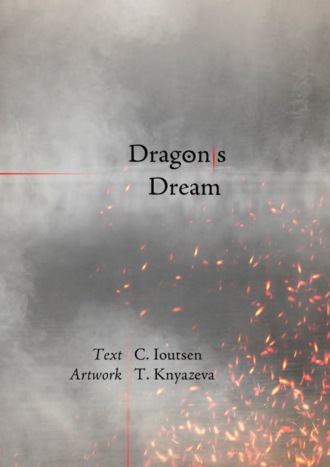Dragon/s Dream. A Postmodern Fable

Полная версия
Dragon/s Dream. A Postmodern Fable
Жанр: фэнтезисовременная русская литературарусское фэнтезистихи и поэзиясерьезное чтениеcтихи, поэзия
Язык: Английский
Год издания: 2020
Добавлена:
Настройки чтения
Размер шрифта
Высота строк
Поля
Конец ознакомительного фрагмента
Купить и скачать всю книгу
